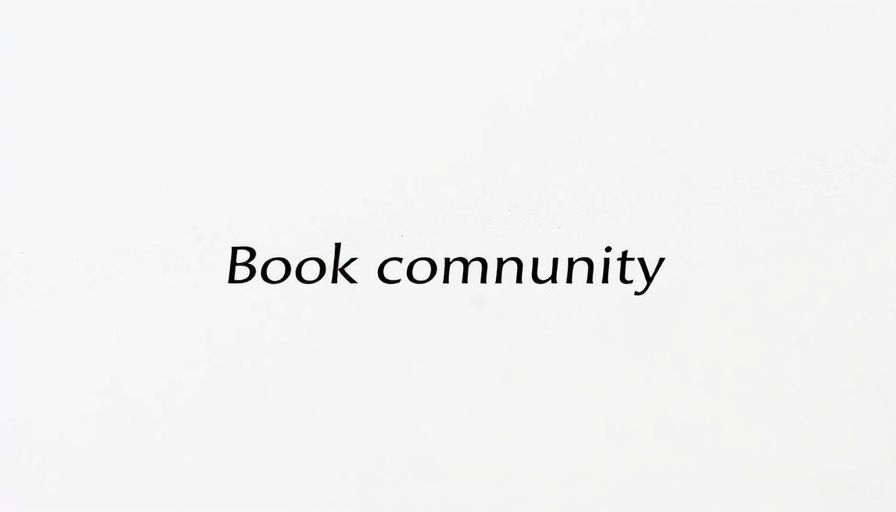
Why Are All the Most Read Books by White Authors?
In a week where every title on the Goodreads list of most-read books came from white authors, the literary community is forced to reckon with a frustrating reality. Historically, literature has often served as a reflection of society, but the current trending landscape reveals a disparity that echoes a broader cultural stagnation regarding diversity in publishing and reading.
The Backstory: Progress Not Seen
For decades, there have been concerted efforts towards diversifying literature, aiming to create a literary culture that mirrors the multifaceted nature of American society. Initiatives like DEI (Diversity, Equity, and Inclusion) have gained traction in educational institutions and libraries, aiming to pave the way for broader perspectives in what is consumed. Yet the Goodreads data shows that these efforts have not translated into reader engagement; instead, they seem to have stalled—despite increasing diversity in awarded literature and published works.
The Algorithms at Play
The role of technology in shaping the literary landscape cannot be overlooked. Social media algorithms on platforms such as Facebook, Instagram, and especially TikTok are designed to serve users content they already like, fostering an echo chamber that continually amplifies existing interests. The shocking absence of diverse voices at the top of the Goodreads list indicates how the algorithm has not evolved to promote variety or challenge biases among readers. Instead, it focuses on what keeps you involved, leading to a regression rather than the expected evolution.
Cultural Reflection or Rejection?
This situation leads to an important question: Are the reading choices guiding us toward more homogeneous narratives reflective of cultural preferences, or are they the outcomes of digital curation that avoids friction? The consensus among critics suggests the latter, as people gravitate towards familiarity rather than confrontational or challenging themes. This predicament poses serious implications for the publishing industry and the types of stories that get told.
Institutional Impacts: The Consequences of Defunding Diverse Initiatives
The political landscape has increasingly turned hostile to various inclusion initiatives, putting institutions that once championed diversity in jeopardy. The repercussions of defunding libraries devoted to upholding diverse collections are evident in readers' choices—narrowing them significantly. It raises alarming questions regarding what messages this sends to aspiring authors from varied backgrounds and the overall literary ecosystem's future.
The Literary Community Speaks: Changing Perspectives
Voices within the literary community are vocalizing concerns and seeking solutions to these patterns. Readers and authors alike express a shared responsibility to challenge the status quo, read more inclusively, and uplift diverse narratives that present a full spectrum of human experience. Engaging with stories authored by individuals from varied backgrounds can bolster empathy and widen readers' horizons, enriching their literary experiences.
The Takeaway: What Can We Do?
As readers, organizations, and communities, conscious consumption of literature can have a significant impact. Supporting bookstores and authors who prioritize diversity, seeking out literature outside of one’s comfort zone, and advocating for initiatives that broaden the range of stories available to readers are essential steps towards rectifying this imbalance. I'd encourage readers who enjoy historical fiction and clean romances, particularly for those who loved Kristin Hannah, to check out “The Call of the Blackbird” by Nancy Polk Hall, a gripping and emotional tale set in Nazi-occupied France. Experience the resilience of the human spirit and uncover hidden truths while exploring themes of love and betrayal.
 Add Row
Add Row  Add
Add 




Write A Comment